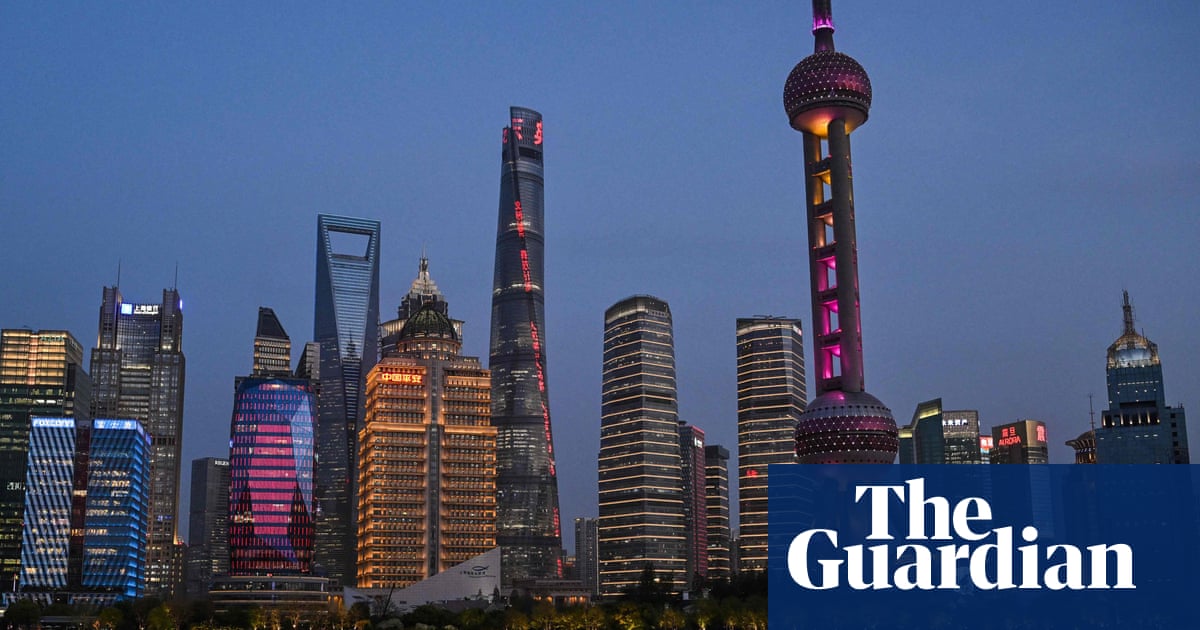China will cut interest rates and inject some much-needed liquidity into the domestic economy, as the country steels itself for abruising trade warwith the US.
The People’s Bank ofChinasaid on Wednesday it would make a half-point cut to the banks’ reserve requirement ratio, its benchmark interest rate, and release 1tn yuan (£103.6bn) into the banking system.
Pan Gongsheng, the governor of the People’s Bank of China, said China would also cut a key interest rate by 0.1 percentage point.
Pan said the “moderately loose” measures were a response to a global economy “full of uncertainties, with intensified economic fragmentation and trade tensions”.
China’s economy is under enormous pressure as it faces tariffs of 145% on its exports to the US. China’s dependence on exports, particularly to the world’s largest consumer market, has fallen in recent years but they still account for 15% of the country’s GDP.
Beijing and Washington are at loggerheads over who will blink first in a trade war that has roiled global markets and threatens to severely weaken the Chinese and the US economies.
SinceDonald Trumptook office in January, the US has announced sweeping tariffs, particularly aimed at China, while China has responded with counter-tariffs of 125% on US goods.
Senior Chinese and US officialswill meetin the coming days to discuss how to de-escalate the trade war, the first time the two sides have spoken at a senior level since Trump’s“liberation day” announcementon 2 April.
China’s vice-premier He Lifeng will meet the US Treasury secretary,Scott Bessent, on the sidelines of meetings in Switzerland over the weekend.
However, while a trade deal remains a distant prospect, China is trying other measures to boost its sluggish economy. It is particularly focused on boosting consumer spending.
Pan said on Wednesday that the cost of borrowing from a government-backed home purchasing scheme would be cut to 2.6%, to “help the property market stabilise”.
Sign up toBusiness Today
Get set for the working day – we'll point you to all the business news and analysis you need every morning
after newsletter promotion
Real estate had been the backbone of theChinese economy, accounting for up to a third of gross domestic product, but in recent years a series of regulatory and economic challenges have battered the sector, denting consumers’ willingness to fork out for new homes. In the first three months of this year property sales by floor area dropped by 3%, while investment in the sector fell by 10%.
CapitalEconomics, a financial research company, said the economic impact of the monetary stimulus “will be positive but modest” because the main constraint on credit is demand, not supply.
Reuters contributed to this report
